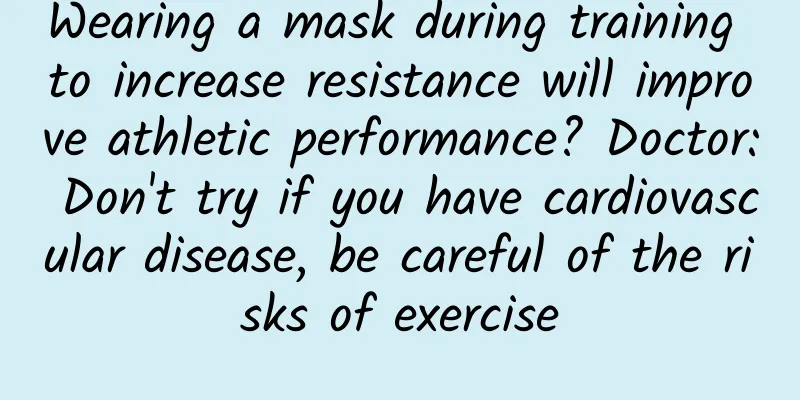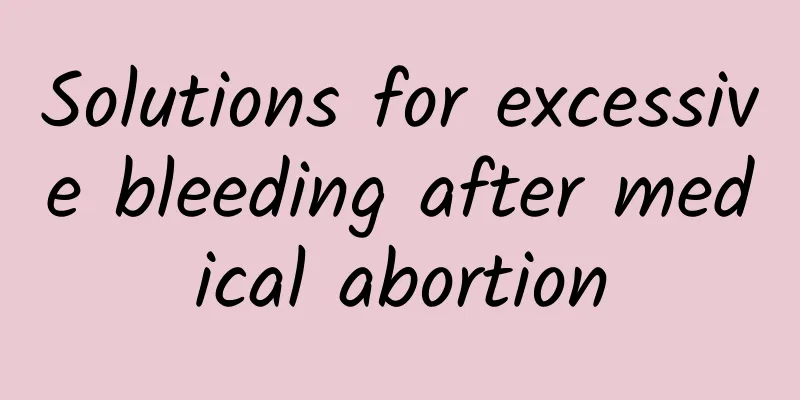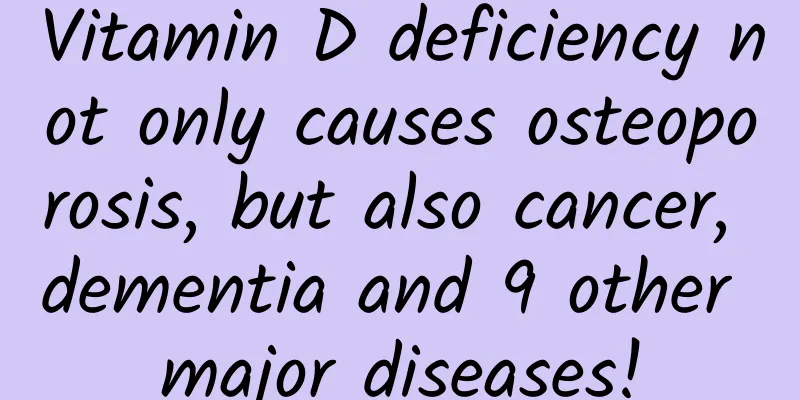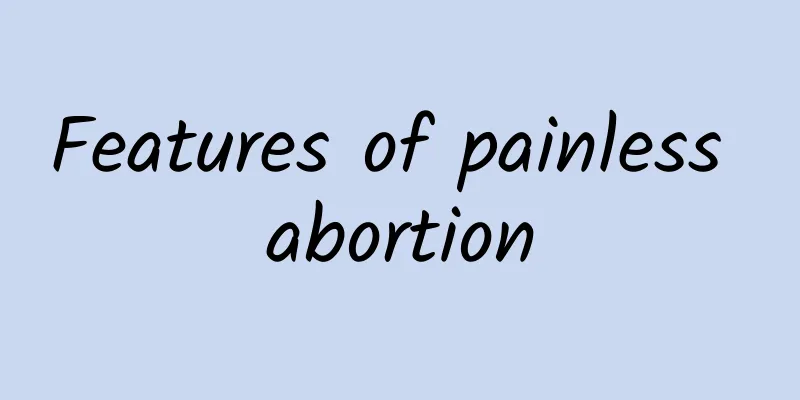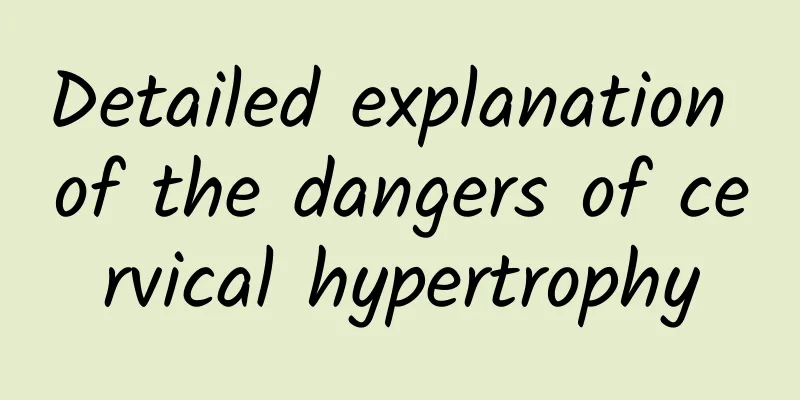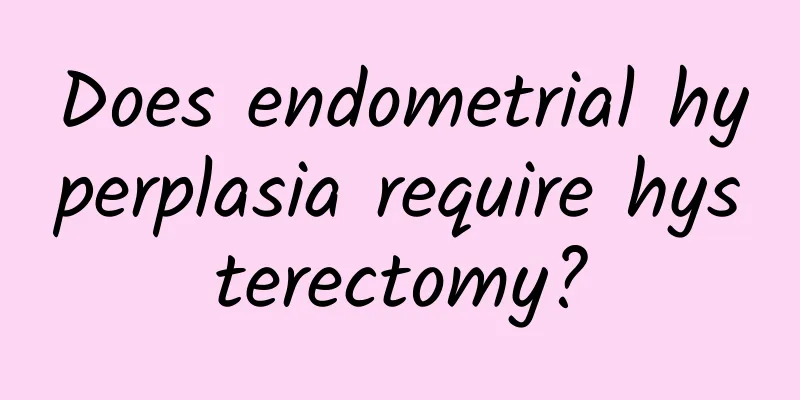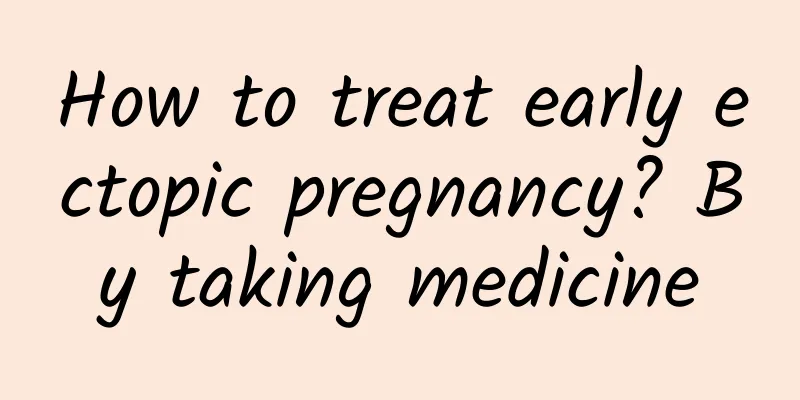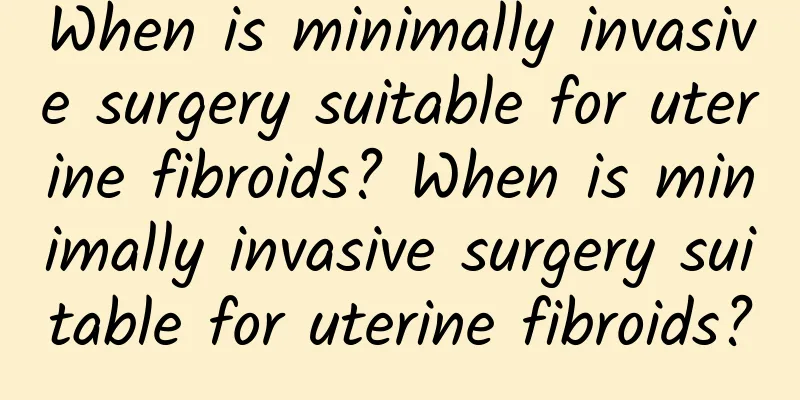Does polycystic ovary often cause stomach pain?
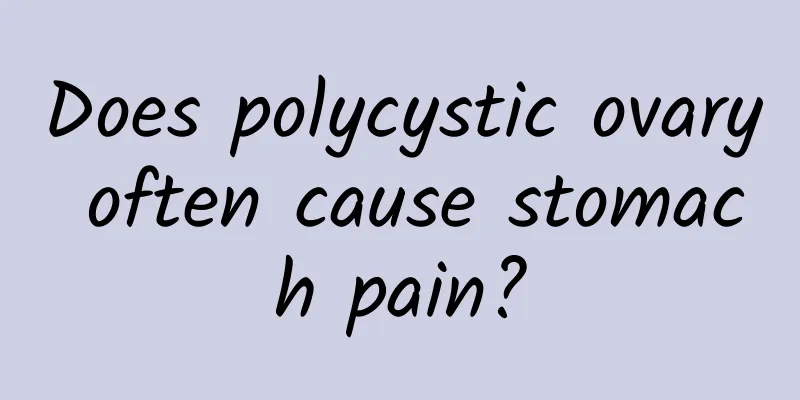
|
Polycystic ovary syndrome (PCOS) does not necessarily always cause abdominal pain, but some patients may experience lower abdominal discomfort or pain due to enlarged ovarian cysts, inflammation or other complications. If the pain is frequent and severe, you should see a doctor as soon as possible to find out the cause. The main manifestations of polycystic ovary syndrome are abnormal ovulation, irregular menstruation, and symptoms of hyperandrogenism. Pain is not its typical symptom. However, if the cyst is large, it may compress the surrounding tissues, causing dull pain or acute colic. Sometimes, cyst rupture or ovarian torsion can cause severe pain, accompanied by symptoms such as nausea and sweating. Endocrine disorders can easily induce chronic pelvic inflammatory disease and endometrial hyperplasia, which may cause chronic lower abdominal pain. Under the combined effects of cyst pressure or endocrine abnormalities, inflammatory reactions or adhesions may also induce periodic lower abdominal pain, which can easily be mistaken for premenstrual syndrome. The main manifestations of polycystic ovary syndrome are abnormal ovulation, irregular menstruation, and symptoms of hyperandrogenism. Pain is not its typical symptom. However, if the cyst is large, it may compress the surrounding tissues, causing dull pain or acute colic. Sometimes, cyst rupture or ovarian torsion can cause severe pain, accompanied by symptoms such as nausea and sweating. Endocrine disorders can easily induce chronic pelvic inflammatory disease and endometrial hyperplasia, which may cause chronic lower abdominal pain. Under the combined effects of cyst pressure or endocrine abnormalities, inflammatory reactions or adhesions may also induce periodic lower abdominal pain, which can easily be mistaken for premenstrual syndrome. It is recommended to observe whether the lower abdominal pain is accompanied by fatigue, abnormal menstruation or weight changes. Dietary adjustment can control weight through a low-sugar diet, and it is recommended to consume more coarse grains and vegetables. Exercise improves hormone balance, and aerobic exercise such as jogging and swimming is recommended 3-4 times a week. If cyst rupture or other acute problems are suspected, B-ultrasound should be used to identify and receive targeted treatment, including oral hormone regulation or laparoscopic surgery. Any unexplained and persistent abdominal pain should be treated promptly to identify the cause and treat it scientifically to avoid serious consequences. |
<<: The harm of amenorrhea for many years to women
>>: What is the cause of breast pain after amenorrhea?
Recommend
Threatened abortion bleeding symptoms
The symptoms of threatened abortion are usually a...
Common Western medicine treatments for acute adnexitis
What are the Western medicine treatments for acut...
What happens if you have menstrual disorders during puberty?
What happens if you have menstrual disorders duri...
Lean flank steak! Jumping left and right with both feet burns fat and helps lose weight
Doctor Lu said: Jumping rope left and right uses ...
What medicine is better for uterine fibroids? How to use medicine for uterine fibroids
Recently, the number of patients with uterine fib...
Stay away from annoying orange peel! 3 tips to eliminate calf fat
To slim down your calves, you must first move you...
Daily care of adnexitis is very important
Female adnexitis is a common disease, especially ...
The dangers of hyperprolactinemia cannot be ignored
Experts say that hyperprolactinemia refers to a s...
To cure psoriasis, lose weight first! Weight Control Healing Bonus
To improve psoriasis, you must lose weight first!...
Can’t get rid of thigh fat and don’t dare to wear jeans? Fitness coach teaches 5 elastic band exercises to slim down your thighs and lift your buttocks
Do you also have the problem of thigh fat? Are yo...
What should I eat after medical abortion? What are the dietary treatments after medical abortion?
After a medical abortion, women can eat some oran...
What is the use of infrared light for vulvar leukoplakia? Is infrared light effective in treating leukoplakia?
What is the use of infrared for vulvar leukoplaki...
Introduction to the causes of adnexitis that everyone needs to understand
In real life, many female friends suffer from adn...
6 rules that Song Hye Kyo uses to maintain her devilish figure! Eat this food to quickly lose 17 kg
Since her debut in 1996, Song Hye Kyo has success...
How do patients with cervical precancerous lesions choose to undergo relevant examinations?
Cervical cancer is a disease that seriously harms...
